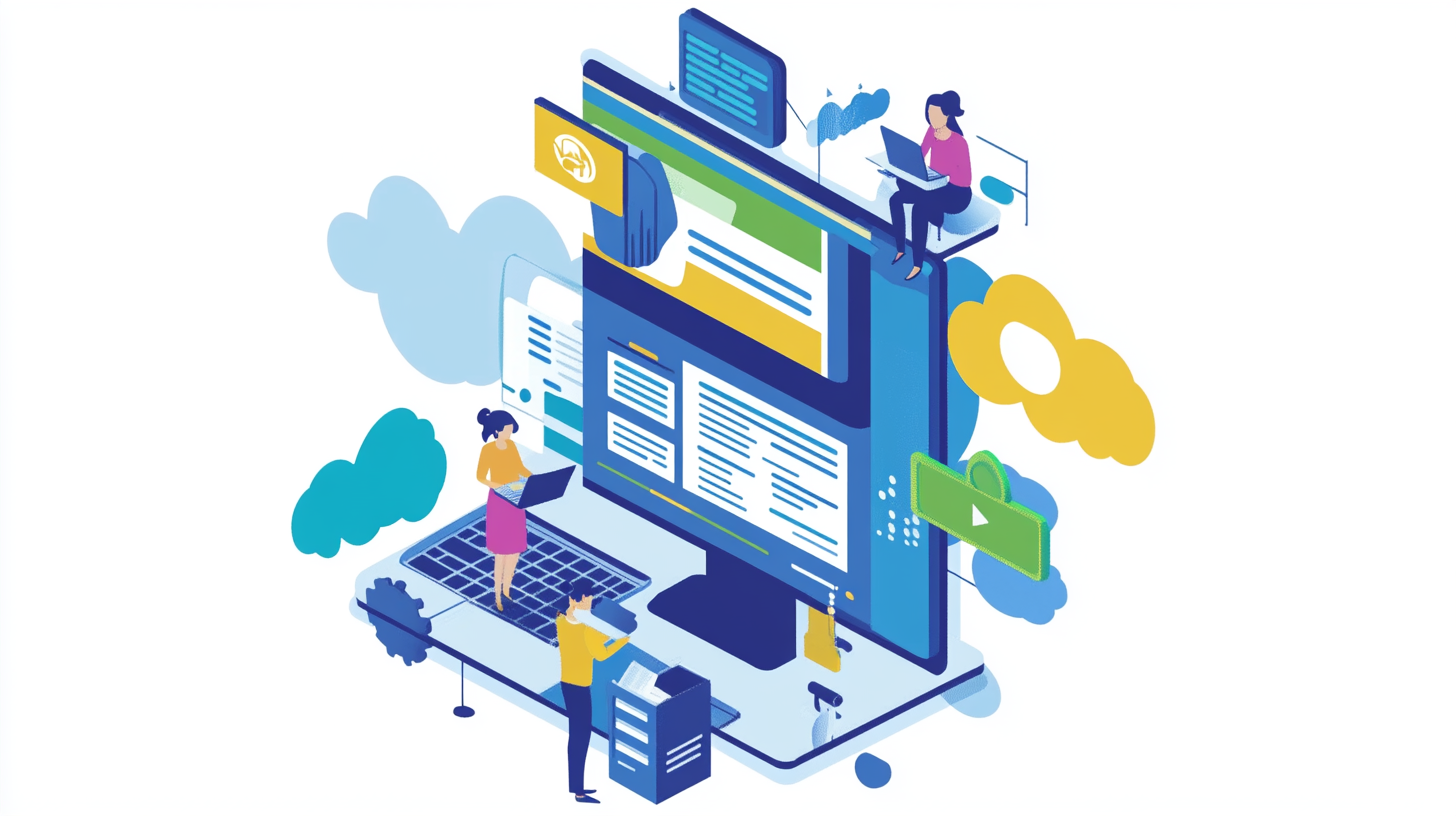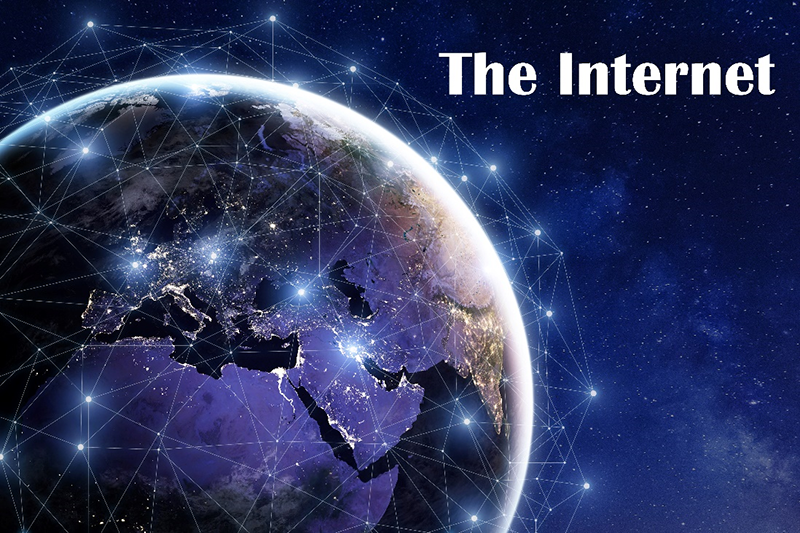The Internet, “a network of networks,” has become an integral part of our life, and most of the people can’t even imagine their day-to-day activities without it. However using the Internet, we may not fully understand what it is and how it works.

Performance and origin
The Internet is the worldwide network that connects computers and other smart devices throughout the world together via dedicated servers and routers. Cables, telephone lines, as well as satellites, and wireless connections are used to let all kinds of data (i.e., graphics, voice, video, text, and software) travel from one device to another for data exchange and communication purposes.
Such telecommunication systems are owned by telephone companies in the countries they locate, but there is no owner of the Internet. However, there are several organizations that contribute to the development and functioning of the Internet.
The ancestor of the Internet was the Advanced Research Projects Agency’s Wide Area Network (ARPANET) founded by the US federal government in the 1960s to create robust communication with networks for military research. Only in the 1980s US universities and other institutions connected to ARPANET, which caused its unexpected growth and change in the name to the Internet (short for ‘international’ or ‘inter network’).
When hypertext-based technology (the World Wide Web) was developed, it became possible to display graphics, text, animations, and tools for navigation and searching, which have made the Internet popular across the globe. With further development of computer technologies, a lot of functions and features have been created, allowing us to enjoy what we can do with the help of the Internet today.

The things we have got used to
The Internet is probably one of the most significant breakthroughs in the world’s history. It is just invaluable! With its help, we work, plan vacations, do shopping, research, communicate, study, pay bills, trace locations, read news and books, watch movies, play games, and do lots of other activities. It allows us to have all the knowledge of the humankind right in our pockets — just research any topic with the help of search engines like Google, Bing, Yahoo, and others, and learn whatever you need.
The Internet shortens the distances. Today you can talk to and see people from different parts of the world just in one click! Weren’t video calls a plot of science fiction movies just a couple of decades ago? Emailing, online messaging, and sharing our thoughts and pictures with friends on the social media has become as ordinary as drinking a cup of tea or coffee in the morning.
Now working remotely is a common practice, which has many advantages. You can take a laptop and work anywhere, as with the help of the Internet, you can have access to your company’s computers, corporate email, cloud services; you can find partners, sell your products or services, sign contracts, etc. Studying at a foreign college or taking an online course while staying at home is not about teleportation — it’s about opportunities we are provided by the Internet.
What to expect?
Futurists predict the rapid expansion of the Internet in the near future, the impacts of which will be much more significant than those we have already experienced.
They predict education revolution – cheaper schools without buildings and teachers; new online ‘nations’ – people with common interests beyond nation-state control; quicker lifecycle of businesses and industries, etc.
Soon the Internet will become even more vital, but it will be up to us to determine how it influences each of our lives.

